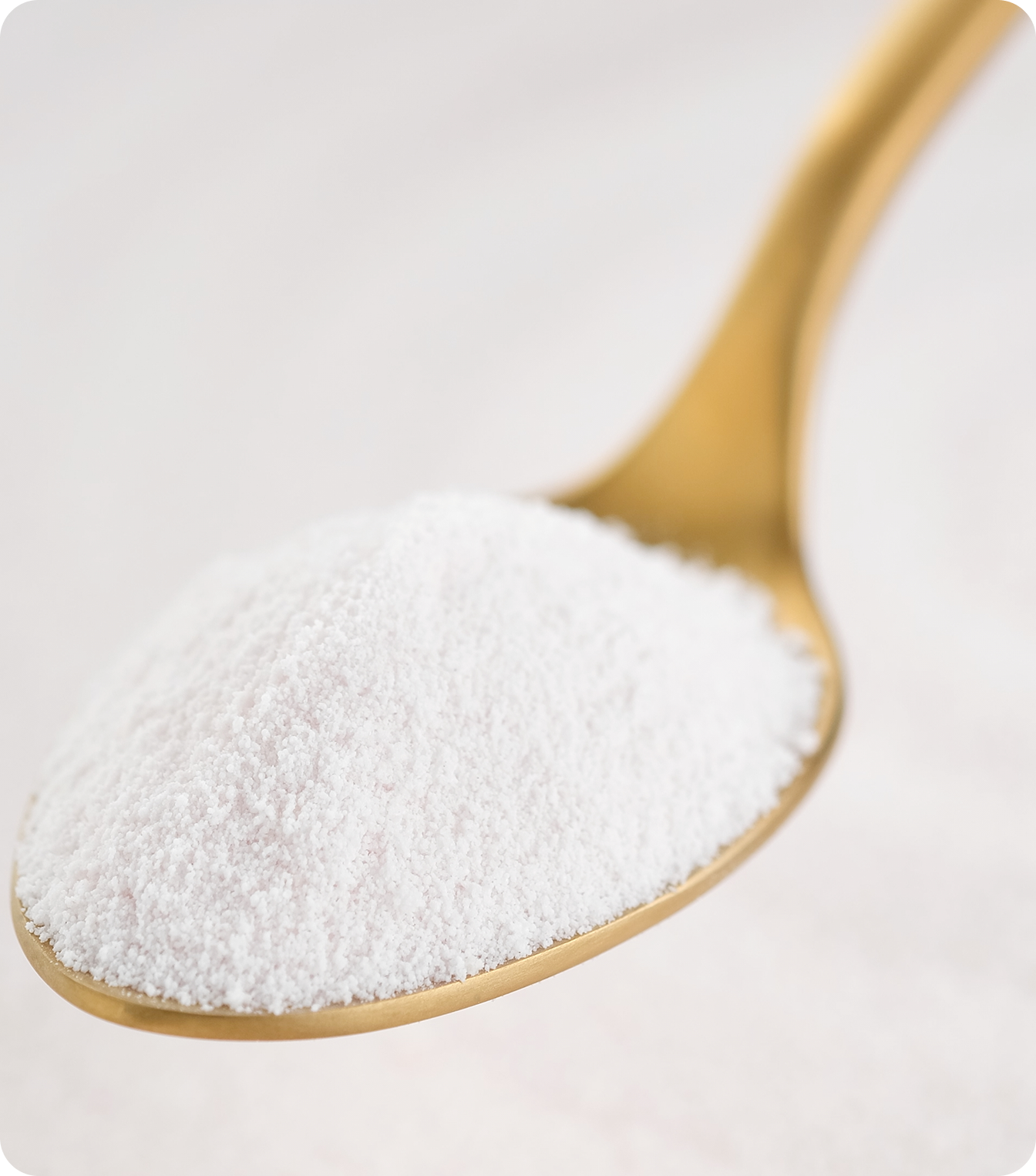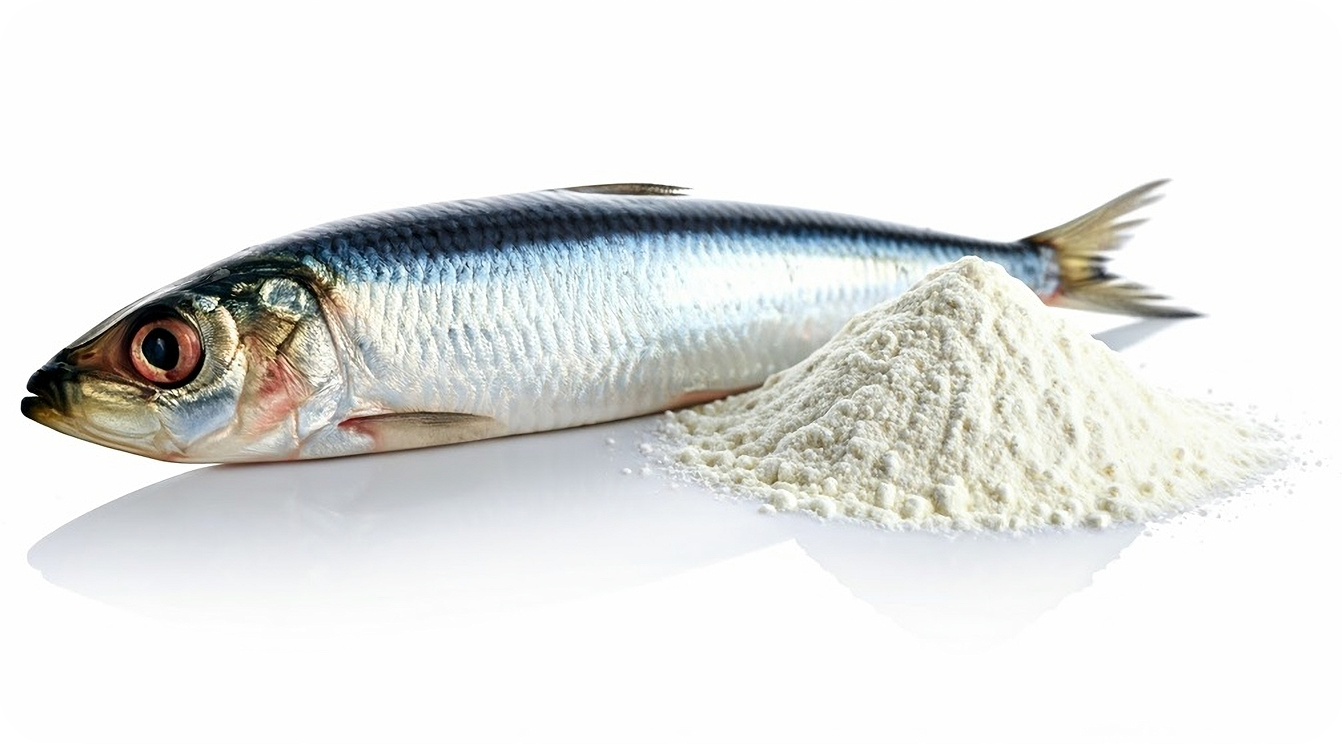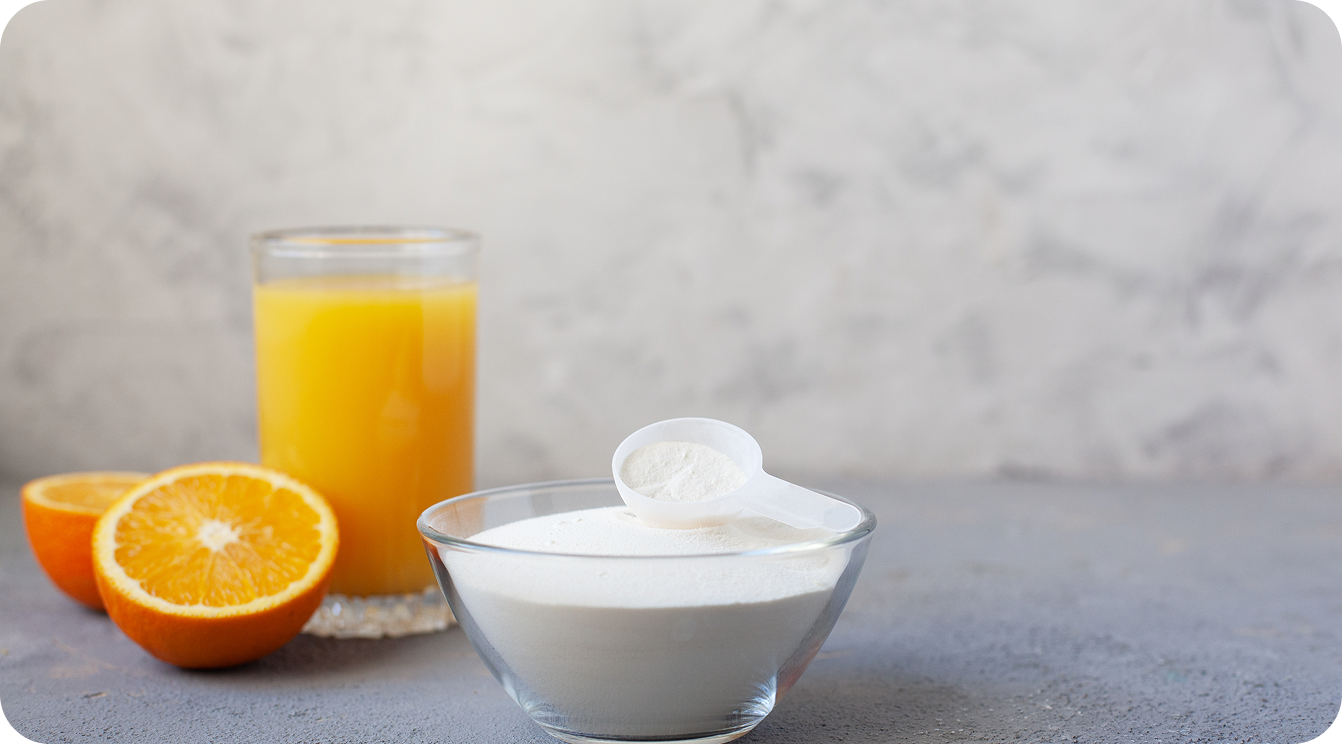Collagen: the foundation of our skin and joints
Collagen is the most abundant protein in the human body and is a major component of connective tissue, skin, tendons, cartilage and bones. It provides structure, firmness and elasticity. As we age, natural collagen production decreases, which is visible in wrinkles, sagging skin and stiffer joints. This decline starts as early as around age 25, which explains the growing popularity of collagen supplements.
Collagen is naturally produced by the body from amino acids such as glycine, proline and hydroxyproline, which come from protein-rich foods, among others. For supplemental applications, collagen is usually extracted from animal sources, such as hides, bones and scales from cattle, pigs or fish. Viscollagen is known for its high absorbability due to its smaller molecular structure (peptides).
The extraction of collagen is usually done through a process of hydrolysis. In this process, collagen fibers are broken down into smaller chains called collagen peptides or hydrolysates. These are water-soluble and more easily absorbed by the body. After extraction, the collagen is dried into powder or processed into capsules or drinks. The quality depends on the source, purity and production process.
Regular use of collagen supplements can contribute to firmer skin, better hydration and a reduction in fine lines. Collagen is also linked to improved joint and cartilage health, making it of interest to athletes and people with joint problems. Moreover, the repair of tendons and ligaments can be supported, thanks to the building blocks provided by collagen.
Collagen is a valuable addition to a healthy lifestyle, especially in people with increased needs or natural decline. For optimal effect, it is important to combine collagen with vitamin C, as it stimulates natural production in the body. Thus, collagen can play a role in maintaining a healthy, supple and radiant appearance from within.




